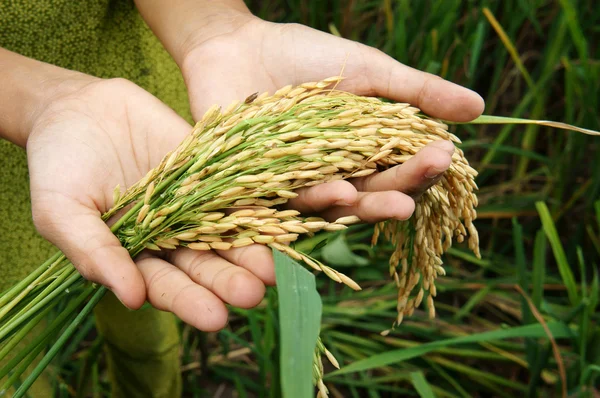World Food Day, observed annually on October 16, passed with minimal attention this year, raising concerns about the region’s commitment to addressing food security and nutrition. Historically, the day was celebrated with school fairs, art competitions, and other community activities. However, recent years have seen a decline in such initiatives, despite the Ministry of Agriculture’s efforts to mark the occasion with events like the banana and plantain festival. The lack of emphasis on food security is particularly troubling as food prices continue to rise, and fast food consumption remains prevalent. The Caribbean Community (CARICOM) has long prioritized food security, aiming to reduce the region’s dependence on food imports by 25% by 2025. However, progress has been slow, and the target has now been extended to 2030, with a renewed focus on climate-smart agriculture to combat the effects of climate change. Countries like Saint Lucia have discussed boosting local agricultural production, but the rapid expansion of foreign food franchises and the inability to meet the demands of the growing hotel industry highlight the challenges. Additionally, the slow pace of agricultural mechanization and the lack of interest among young people in farming further complicate the issue. Experts argue that a robust campaign in schools to promote locally grown produce and the integration of Food and Nutrition and Agriculture Science into the core curriculum are essential steps forward. The time for action is now, as food security is a critical issue that requires immediate attention and implementation of sustainable strategies.
